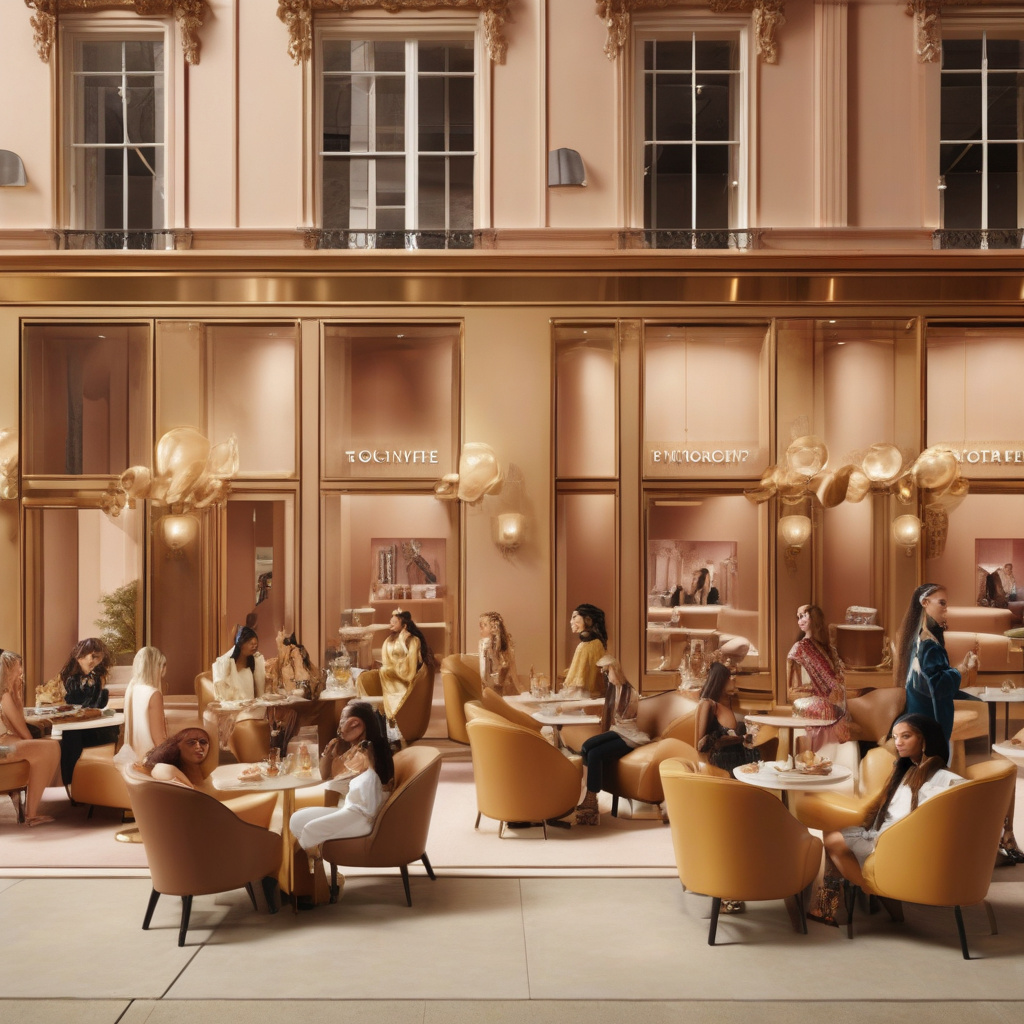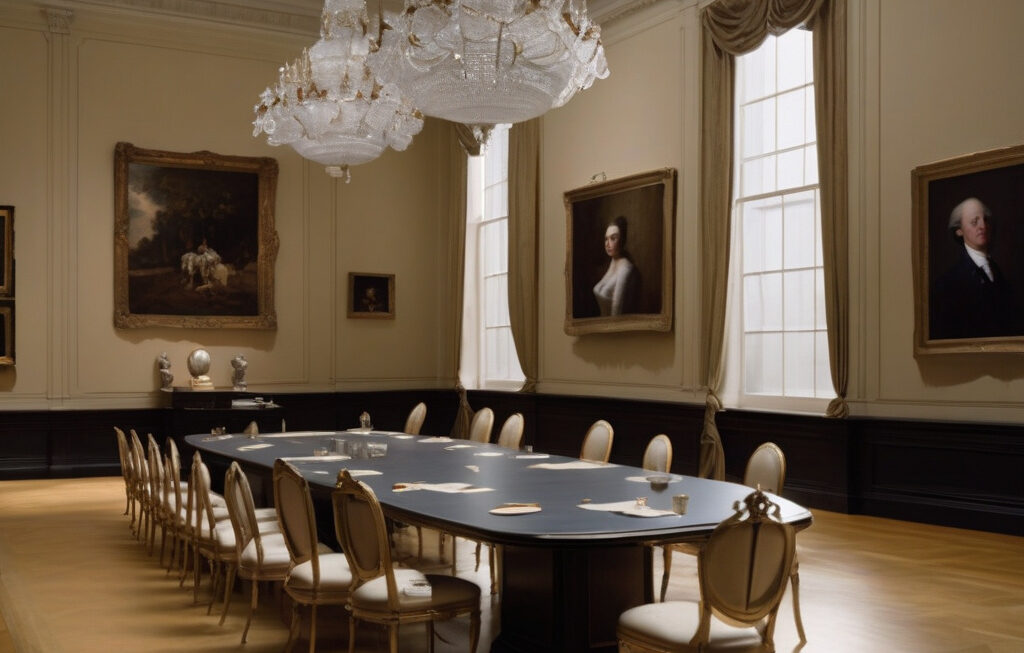Why Luxury Needs to Rethink How It Speaks to Gen-Z
Luxury brands have long held a prestigious place in the market, catering to an audience that values quality, exclusivity, and status. However, as the landscape of consumer behavior continues to shift, many high-end brands are finding themselves facing a new challenge: connecting with Generation Z.
Gen-Z, the cohort born between the mid-1990s and early 2010s, is a generation that has grown up in a digital age marked by rapid technological advancements and changing social norms. They are a generation that values authenticity, inclusivity, and sustainability. This shift in values has left many luxury brands struggling to resonate with this new wave of consumers.
One of the key reasons luxury brands are finding it difficult to connect with Gen-Z is their outdated marketing strategies. Many high-end brands continue to rely on traditional forms of advertising, such as glossy magazine ads and celebrity endorsements, which may no longer be as effective in reaching younger audiences who spend most of their time on social media platforms like Instagram, TikTok, and Snapchat.
Additionally, Gen-Z consumers are known for their price sensitivity. Growing up in a post-recession economy, where financial stability is not guaranteed, has made them more conscious of their spending habits. This generation is willing to invest in products that offer value for money but are less likely to splurge on luxury items simply for the brand name.
Furthermore, luxury brands need to address the issue of sustainability and ethical practices. Gen-Z consumers are more environmentally and socially conscious than any generation before them. They actively seek out brands that are transparent about their sourcing, production processes, and impact on the environment. Luxury brands that fail to adapt to these changing consumer preferences risk alienating a significant portion of their future customer base.
Time is of the essence for luxury brands to rethink their approach to marketing and engagement with Gen-Z. By 2030, Gen-Z is projected to dominate luxury spending, making up a substantial portion of the consumer market. To remain relevant and profitable, high-end brands must evolve with the times and tailor their messaging to resonate with the values and preferences of this influential demographic.
Some luxury brands have already begun to pivot their strategies to better appeal to Gen-Z. For example, Gucci, a brand known for its classic and timeless designs, has embraced a more playful and inclusive approach to marketing under the creative direction of Alessandro Michele. By collaborating with young artists, musicians, and influencers, Gucci has been able to capture the attention of Gen-Z consumers and stay relevant in a rapidly changing market.
In conclusion, the luxury industry is at a crossroads. To secure their future success, high-end brands must be willing to adapt and evolve to meet the changing demands of Gen-Z consumers. By embracing new marketing strategies, addressing price sensitivity, and prioritizing sustainability, luxury brands can ensure that they remain relevant and appealing to the next generation of affluent consumers.
luxury, Gen-Z, marketing, sustainability, consumer behavior












